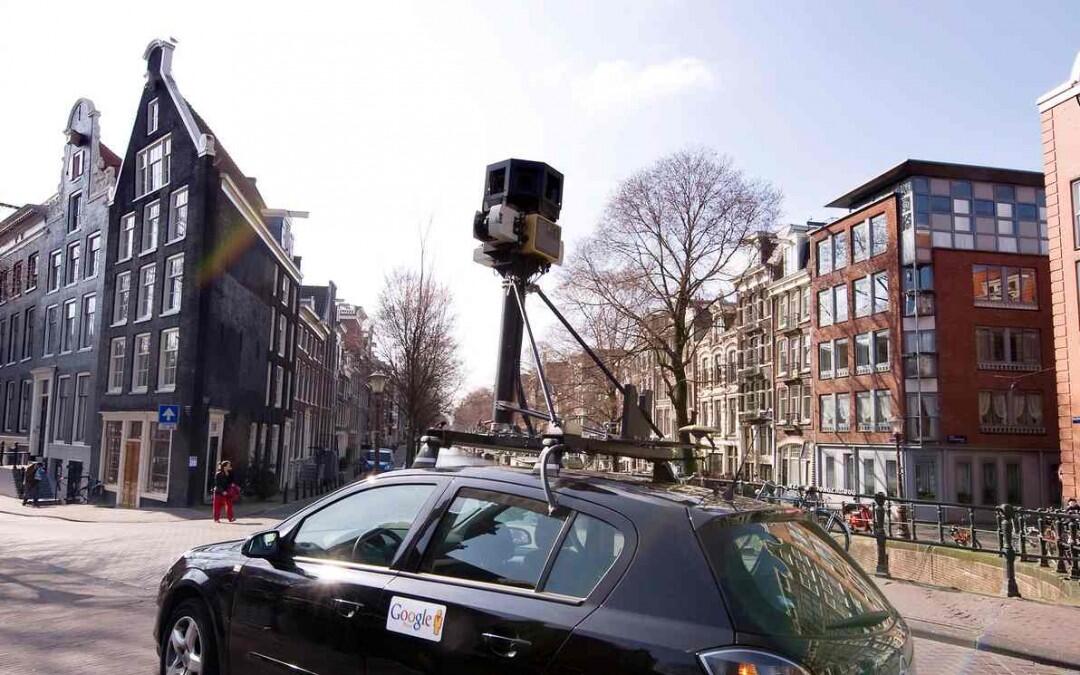Three years ago, Eric Schmidt, the executive chairman (aka adult supervisor) of Google, spent some time in Cambridge as a visiting professor. He gave a number of lectures on his vision of what a comprehensively networked world would be like and then at the end took part in a symposium in which a number of academics commented on his ideas. As the discussion converged on the question of the new kinds of power wielded by the great internet companies, an increasingly puzzled look came over Schmidt’s countenance. Eventually the dam broke and he intervened in the debate to say that he had suddenly realised that the difference between Europe and America was that “in Europe, people tend to trust governments and are suspicious of companies, whereas in America it’s the other way around”.
Like all generalisations, there is something in this, even if it’s not the whole story. In recent times we’ve seen lots of examples of a growing rift between the US and Europe over digital technology and the companies that control it. In the beginning, which in this case means the 1990s, attention was focused mostly on a single American company – Microsoft – which was accused by European competition authorities of abusing its monopoly on desktop operating systems and was eventually fined €561m for failing to promote a range of web browsers, rather than just Internet Explorer, to EU users.
After that, things got steadily worse (or better, depending on your point of view). In 2000 Yahoo was sued – in France – by two French organisations that obtained a court order to stop Nazi memorabilia being advertised on its auction site. After a lot of legal wrangling, Yahoo eventually complied, which led to a lot of muttering in US libertarian circles about freedom of speech and the sainted first amendment.
Then it was Google’s turn to become a European whipping boy. When its Street View cars began cruising German suburbs it encountered a substantial public backlash in which so many German businesses and households demanded that their buildings be blurred out that the company eventually caved in and announced in 2011 that it had “no plans to launch new imagery on Street View in Germany”.
In more recent times, Google’s troubles inEurope have increased. The European commission’s attack dogs are investigating whether the company is abusing its monopoly of search in order to feather its own nest and undermine competitors. In May 2014 the European court of justice added to its woes by deciding that European citizens had a “right to be forgotten”, which is actually a right not to be found by European versions of Google’s search engine.
Then it was Facebook’s turn in the stocks. In October last year the European court ruled that the “safe harbour” arrangementnegotiated by the European commission in 2000, under which US companies such as Facebook had been exporting their European customers’ data to the States, was invalid. In the world of cloud computing and big data this was an earthquake that was off the Richter scale.
Needless to say, all this legal activism in what Donald Rumsfeld calls “old Europe” has maddened the tech crowd in Silicon Valley, many of whom view regulators as dogs view lampposts. So conspiracy theories abound. The European commission is really just a front for large European media and other corporations whose profitable empires are being undermined by Google, Facebook and Amazon. European politicians are trying to defend powerful vested interests (municipal taxi franchises, for example) from American disruption. Google, Facebook et al are the new face of US economic and cultural imperialism – the McDonald’s and Disneys of the digital age and therefore the latest instantiation of American “soft power”. Or it’s all based on naked envy – Europe can’t produce the kind of corporate dynamism represented by US digital giants: it’s old Europe, remember.
There may be something in these theories but my hunch is that the gulf between Europe and the US in this area mainly comes down to two things – law and culture. On the legal front, our data protection laws are radically different from those in the US and it may be that European legislation will turn out to be fundamentally incompatible with the “surveillance capitalism” essential to the prosperity of Google & co. We need to recognise that US companies invariably act on the principle that it’s easier to seek forgiveness than to ask for permission. So, like Google with Street View, they always push the envelope and only respond when they encounter opposition. All of which means that, as Oscar Wilde might have said, Europe and America are divided by a common technology.
Source: The Guardian












